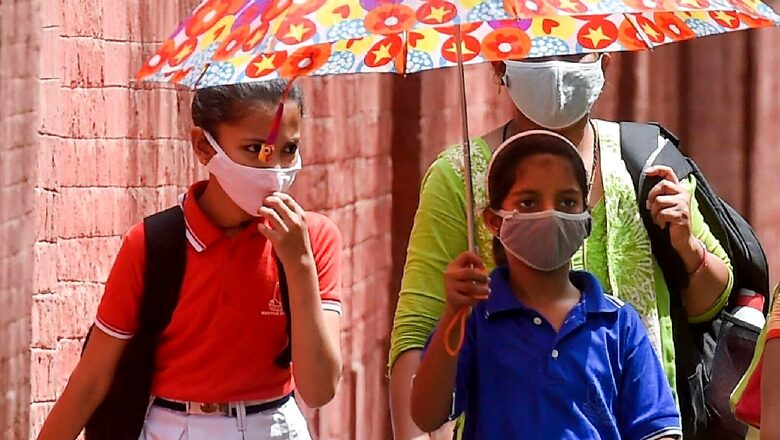
views
The Gujarat High Court on Monday issued a notice to the state government on a petition challenging a resolution introducing the Bhagavad Gita in schools as a prayer program and verse recitation among other activities. The high court, however, declined to stay the resolution and sought the state government’s reply by August 18.
A division bench of Chief Justice Aravind Kumar and Justice Ashutosh Shastri issued the notice on a Public Interest Litigation (PIL) filed by Jamiat Ulama-E-Hind (JUEH) challenging the education department’s resolution on introducing the Bhagavad Gita in schools as prayers and through activities like recitation of shlokas etc from this educational year.
Read | NEP Effect: List of States, Boards Which Changed Text Books to Matchup With NEP’s Indian Knowledge System
The JUEH challenged the resolution on the grounds of Constitutional validity and claimed it was in contravention of the National Education Policy (NEP). The bench also directed the petitioner’s counsel to serve a copy of the PIL on the Assistant Solicitor General as the Central government has also been made a respondent.
The state education minister announced the move to introduce the Gita in schools in Gujarat in March this year. Appearing for JUEH, lawyer Mihir Joshi said values and principles of Indian culture and the system of knowledge can certainly be prescribed in the school curriculum, but “the question is whether it should be done by giving primacy to the values and principles of the holy book of only one religion.”
The issue is whether one holy book can be prescribed in this manner, he argued. “Indian culture comprises a vast array of what it comprises. The submission before the court is that there is no question of giving primacy to the religious book of one religion for stating that the values and principles as prescribed in that book alone shall be taught,” Mr Joshi said.
He argued that the principles underlying the NEP to guide both the educational system at large and individual institutions are “ethics, human and constitutional values and pluralism, respect for diversity, pride in India’s rich and diverse ancient and modern culture and knowledge systems and traditions”.
Joshi further said that Articles 25 and 28 of the Constitution provide for the freedom of conscience and free profession, practice and propagation of religion, and directives that no religious instructions shall be provided in a state-run educational institution.
“The state education department’s resolution issued a directive to include Indian culture and Indian knowledge system from 2022-23 by including the value and principles of Srimad Bhagavad Gita in class 6-12 in such a matter that the children understand and take an interest,” Joshi said.
For classes 6-8, the Gita shall be introduced in educational subject textbooks in the form of stories, reading materials, etc. In classes 9-12, the Gita shall be introduced in the first language textbooks in the form of stories, reading material etc. It shall have to be introduced in prayers. Various activities such as Gita-based shlok recitation, debates, elocution, dramas, drawings, etc. shall be organised, he said quoting the resolution.
“As far as the curriculum is concerned, the Right to Education (RTE) says that there is a statutory organisation which will frame it and recommend it to the state government,” he said.
Joshi sought a stay on the implementation of the resolution, arguing that the direction given to the Gujarat Council of Educational Research and Training (GCERT) to prepare a curriculum for the purpose is without jurisdiction and contrary to statutory provisions. The High Court, however, declined to grant the stay, saying it will not consider the prayer without an affidavit.
Read all the Latest News, Breaking News, watch Top Videos and Live TV here.




















Comments
0 comment